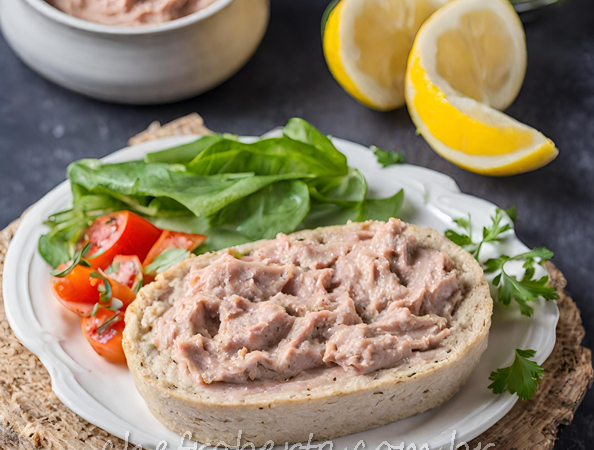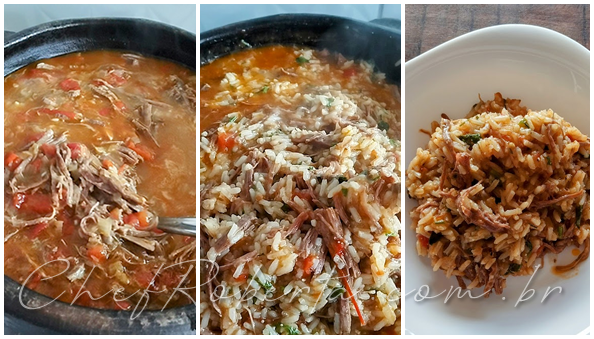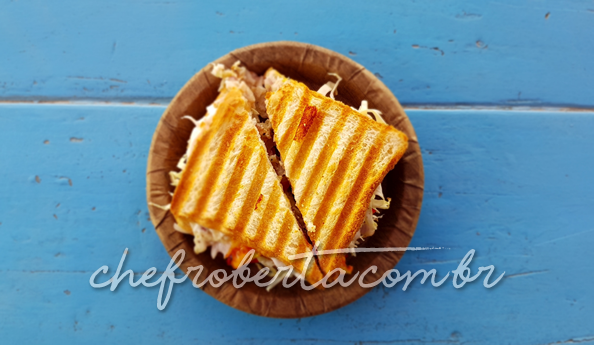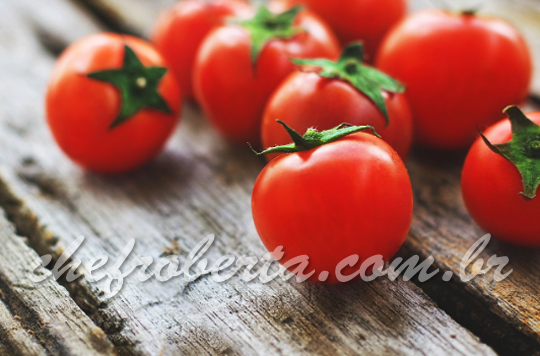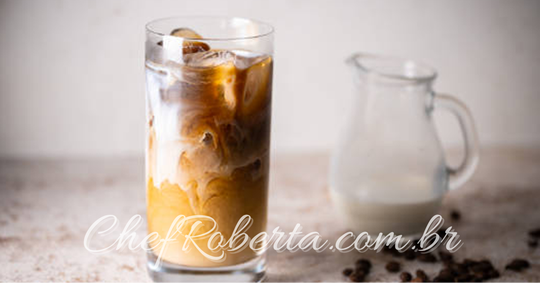Eating is good

The world is immense, a great territorial extension, with oceans, forests, forests, rivers, lakes, animals and with many people and their basic needs. Theoretically, if everything fits in this world, everyone has the same rights, opportunities and duties, right? Unfortunately not…
“The latest edition of the report The State of Food and Nutrition Insecurity in the World, estimates that almost 690 million people went hungry in 2019 – an increase of 10 million compared to 2018 and of approximately 60 million in five years. High costs and low purchasing power also mean that billions cannot eat in a healthy or nutritious way. Across the planet, the report predicts, the Covid-19 pandemic could lead more than 130 million people to chronic hunger by the end of 2020. Outbreaks of acute hunger in the context of the pandemic may see that number increase further at times like This one.” (source: Unicef.org)
In a world where there is hunger, it would be crazy to think that there is waste, but… “The so-called“ Food Waste Index 2021 ″ has an almost frightening number: in 2019, 931 million tons of food were wasted. This suggests that 17% of the world’s total food production has gone to waste. ” (source: BBC International)
Well, in the face of breathtaking numbers like the ones presented above, I justify the fact that I write a lot about leftovers and reuse, ways of doing things differently and not allowing waste inside the house. Yes, it is inside the house that we started the revolutions, small, but the most important. Food goes beyond the act of nourishing, eating fairly is a political act, eating is everyone’s right and a basic need, it is no joke or bargaining chip for sub-celebrities to play science, with cheap philosophies that can harm those who have no knowledge. The current pandemic in the world is mistreating the population more than normal, especially the Brazilian, so to see what people have the capacity to do to promote themselves, is shameful. Just stop, think about the next one, we should get out of this better, we should …
And so as not to lose the habit, shall we reuse it?
Vegetable peels are great for composters, but we can also use them on a daily basis, such as potato skins that can turn into chips. Potato skins have vitamin C and potassium, are rich in fiber, as well as other vegetables and are important for digestion.
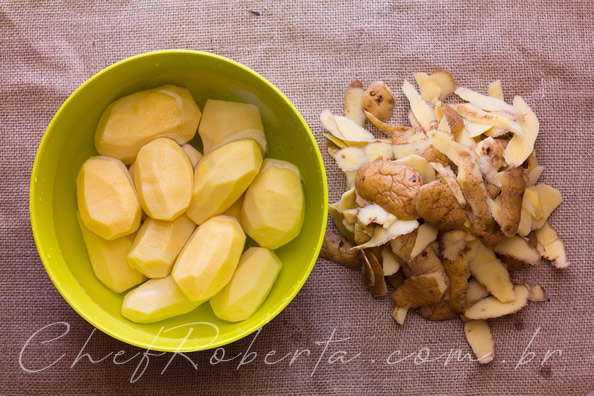
Potato Skin Chips
Ingredients:
1kg potato skins
½ tablespoon of olive oil
Salt and pepper
Preparation mode:
Preheat the oven to 200 ºC (medium temperature). With a vegetable brush, wash the potato skins under running water. Dry the potatoes well with a clean dish towel – the skin should be as dry as possible, this is the secret to achieving a crunchy texture when roasting. Peel the potatoes in a bowl – try making very long strips of the skin in a single motion. Reserve the potatoes in the refrigerator to prepare a next recipe. Season the potato skins with olive oil, salt and pepper.
Distribute the peels on a baking sheet, preferably non-stick – the more spaced they are the more crunchy they become. Bake in the oven for about 20 minutes until golden and crisp – half the time, turn the strips with the spatula to make them even. Then serve as a snack or to give crispness to recipes such as mashed potatoes or soups.
Tips:
– The same technique can be applied to several different vegetable peels, such as pumpkin, mandioquinha, carrot, beet, use your creativity and whatever you have in the fridge,
– Do it when you’re already using the oven to take advantage of the heat,
– To make a larger quantity, keep the shells in the freezer, in a sachet. Defrost everything at once, dry well and you are ready to bake.
Eating with balance is good, what differs poison from medicine is the dose. Enjoy your food!
Written article for the newspaper A Cidade Ubatuba
